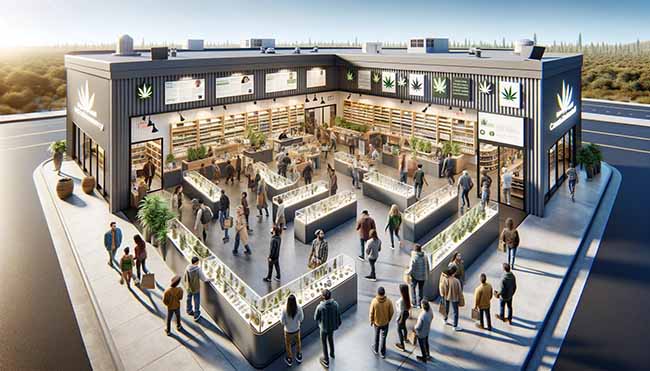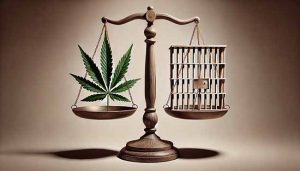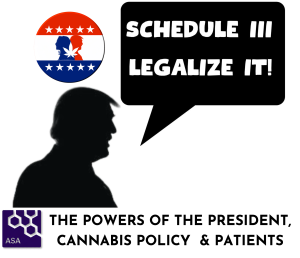You Probably Live in a Legal Cannabis State in the USA

In the United States, the landscape of marijuana legality is evolving, with a vast majority of Americans residing in states where the use of marijuana, for either medical or recreational purposes, is permitted.
A recent analysis by the Pew Research Center sheds light on the current state of marijuana legalization across the nation. It reveals that 74% of the American population lives in states that have legalized marijuana for medical or recreational use, with 54% residing in states where recreational marijuana use is permitted.
Since the groundbreaking legislation by Colorado and Washington in 2012, a total of 24 states, along with the District of Columbia, have embraced the recreational use of marijuana as of February 2024. Moreover, 14 states have adopted laws permitting marijuana for medical purposes, whereas the remaining 12 states have introduced legislation that allows access to low-THC or CBD-only marijuana products.
This trend towards widespread legalization is underscored by a Gallup poll, which indicates that 70% of Americans are in favor of legalizing marijuana.
The Pew Research Center’s findings also delve into the geographic distribution of marijuana dispensaries. A significant majority of dispensaries, 76%, are situated in states that legalize recreational marijuana use. Conversely, 23% are located in states permitting only medical use of marijuana. The analysis further notes that a small fraction, 1% of dispensaries, operate in states with specific low-THC or CBD-only regulations, with half of these states’ populations having access to at least one dispensary.
The proliferation of dispensaries, particularly in states that allow recreational use, can be partly attributed to the 2018 Farm Bill. This legislation legalized hemp containing less than 0.3% THC, paving the way for CBD and other non-intoxicating marijuana compounds, as well as mildly intoxicating products like delta-8 THC. Despite the increasing popularity of these products, some states have begun to regulate or ban them, reflecting a cautious approach to substances that reside in a legal gray area.

In terms of the number of dispensaries, California leads the nation with 3,659 establishments, making up a quarter of the U.S. total. Yet, Oklahoma captures attention for its high number of dispensaries per capita, with 36 for every 100,000 residents. Nearly 79% of Americans live in a county that hosts one of the nearly 15,000 dispensaries across the country.
The analysis also highlights the strategic placement of dispensaries, particularly those situated near state borders, revealing that 20% of U.S. dispensaries are located within 20 miles of a state border. Interestingly, 29% of these border-adjacent dispensaries are next to states with stricter cannabis laws.
The presence of dispensaries, especially in states where both medical and recreational use is legalized, impacts local real estate markets. In states like Colorado, Connecticut, Maryland, and Virginia, areas with a higher density of dispensaries tend to have median household incomes $20,000 lower than areas with fewer dispensaries. This contrasts with states like New Hampshire and New York, where areas with numerous dispensaries show median household incomes $20,000 higher than those with fewer dispensaries.
This evolving landscape of marijuana legality and its economic implications reflect a significant shift in American society’s approach to cannabis, with ongoing debates and legislation shaping the future of its use and distribution.





